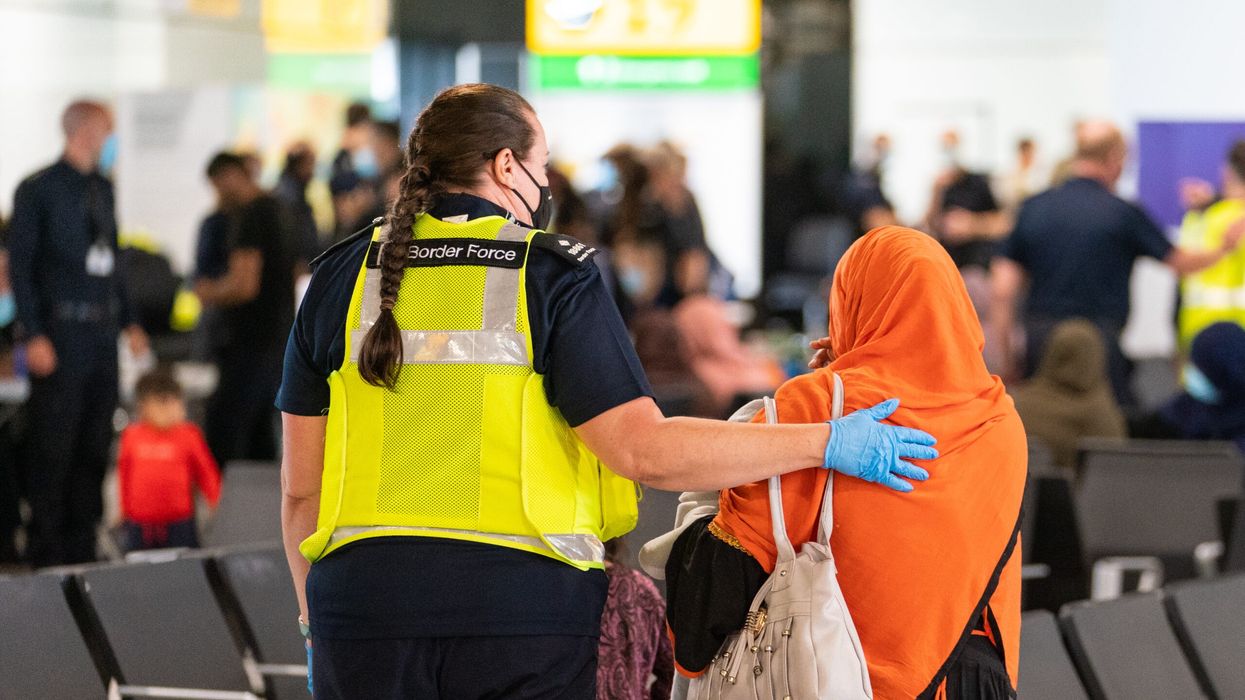ANY “drastic” measures to cut immigration to the UK have the potential to “kill the economy”, a leading businessman has told Eastern Eye.
Annual net migration hit a record of 745,000 last year and has stayed at elevated levels since, data showed last Thursday (23). Prime minister Rishi Sunak came under pressure from within his own party to act and reduce the numbers in the run-up to an election next year.
Sunak admitted immigration levels were “too high” and that the Conservative government would leave “no stone unturned” to cut immigration.
Kemi Badonech, the business and trade secretary, said on Monday (27) she was pushing for “much, much tougher” immigration measures.
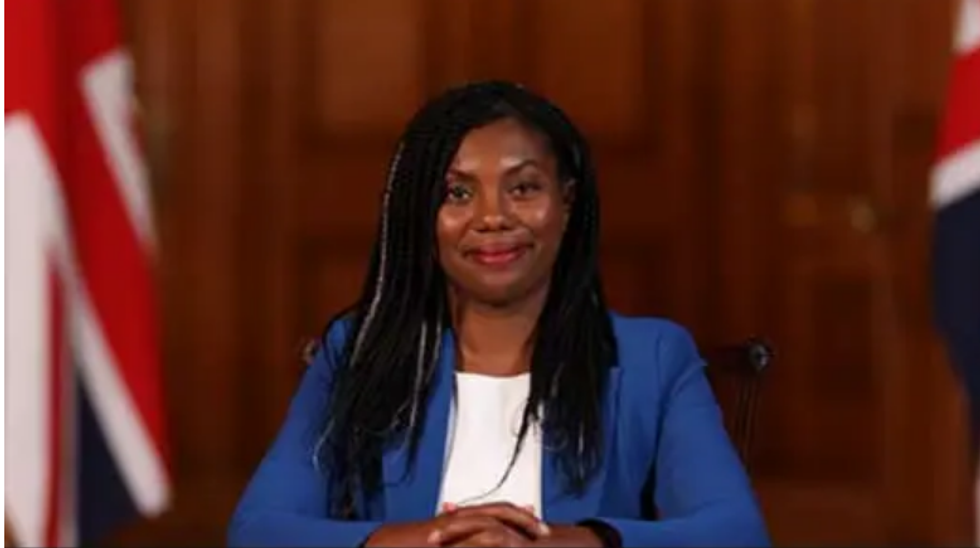
However, Lord Karan Bilimoria, who set up Cobra beer and previously led the Confederation of British Industry (CBI) told Eastern Eye, “The measures that are being spoken about, you’re not just going to hamper growing the economy, you’re going to kill the economy.”
Former home secretary Suella Braverman, who was sacked by Sunak in November, claimed this week the prime minister had verbally agreed to a four-point plan to address migration concerns. Among the apparently agreed proposals was one to increase the minimum salary threshold for a foreign skilled worker to be raised from the current £26,000 to £40,000.
Bilimoria, the former president and current vice-president of the CBI, said raising the threshold would have “dire consequences” for UK businesses.
“Every sector that I speak to is experiencing labour shortages, whether it's technology, IT sector, health, agriculture, finance - everyone is experiencing labour shortages,” the peer said.
“If you want the economy to grow, then one way is to upskill domestically; that's a long-term solution which we must continue to do.
“The other is, you have to let in the workforce the economy needs from abroad and activate the shortage occupation list, which the government does very reluctantly from time to time with a very few sectors.”
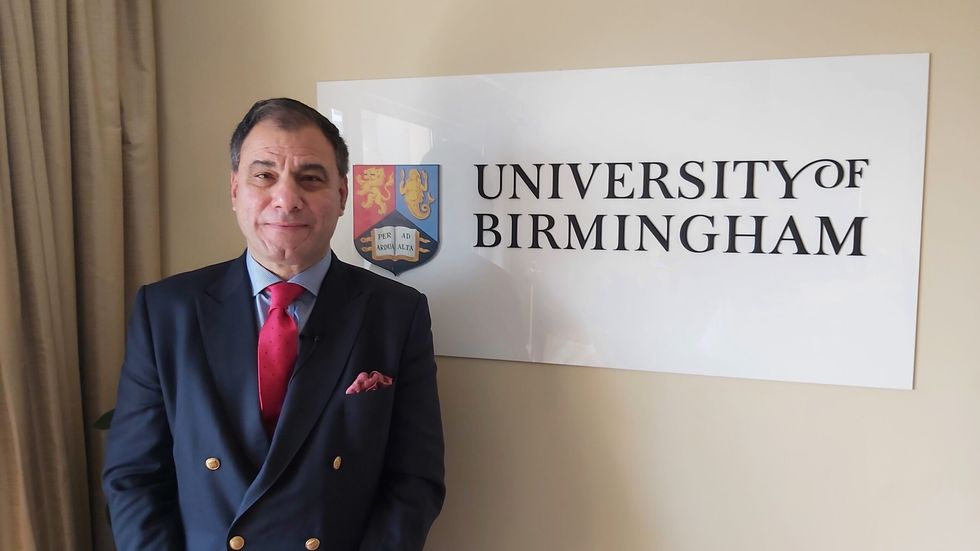
Jonathan Portes, professor of Economics and Public Policy at Kings College London, and a senior fellow at the UK in a Changing Europe (UKICE). He told Eastern Eye that rather than attacking immigration, the government should be looking at its own “failures”.
“Immigration is certainly good for economic growth, for tax revenues, and also in some specific sectors immigration is helping to fill gaps,” said Portes.
He added that forecasts suggest an increase in net migration will boost the annual tax revenue by around £18bn in four years’ time.
“On the other hand, we clearly have a shortage of houses and the successive governments have failed to reform the system of housing supply in this country, both for people we have and people arriving. That's not the fault of the immigrants, but it's certainly a serious problem.”
He added: “My view is that the current immigration system works pretty well. There are always things you could do to improve it. There are issues with, in particular the social care sector, which is the single biggest source of for work related migration.
“The problem is that we don't pay and train and value social care workers enough, which results in British people don’t want to work in that sector, understandably.”

Portes added that lowering immigration wasn’t a “magic solution” and that it would have serious consequences.
“We can continue to have lots of migration for people who work in social care, that's one choice. Or we can pay people pay (British) care workers quite a lot more and raise taxes or do something else to fund it or we can just not have enough care workers,” he said.
“We can’t lower migration, not pay higher taxes, and have enough care workers, that is not possible. Lowering immigration have very serious downsides.”
Data from the Office for National Statistics (ONS) revealed that the UK granted 486,107 study visas to main applicants in the year ending September 2023, with Indians continuing to be the leading nationality, receiving over a quarter of study visas (133,237).
Students and their dependents made up 39 per cent (378,000) of long-term non-EU immigrants to the UK in the year ending June 2023.
Those who have already completed their degree can stay in the UK for two years (three years for those with a doctoral degree) to work under a graduate visa.
However, in May, the government announced that from 2024 only students on postgraduate courses designated as research programmes - typically lasting longer than two years - will be able to bring dependants to the UK while they study.
Sunak said the government's plans to clamp down on dependents of students arriving in the UK is “the single toughest measure that anyone has taken to bring down the levels of legal migration in a very long time”.
Bilimoria said he was “perplexed” at the scrutiny faced by foreign students. He has been campaigning for years to remove the number of foreign students from net migration figure, arguing many students don’t stay for the required one year in order to be added to the net migration figure.
“The government just won't listen. I don't understand it. I've asked on the floor of the House of Lords many times, I've got cross party support when I asked that question, ‘why don't you exclude them and treat them as temporary migrants?’ I don't get an answer from the government. Why are they doing this deliberately? Why are they making a rod for their own back?” said Bilimoria.
Three years ago, the government set a target to increase the number of international students enrolled at UK universities from 470,000 in 2018 to 600,000 by 2030.
That target has already been exceeded — figures from the Higher Education Statistics Agency show 680,000 international students enrolled in 2021-22.
The economic benefit international students bring to the UK has jumped by a third in those three years, boosting the economy by an estimated £42bn in 2021-2022, according to an analysis by London Economics.
Bilimoria warned that cutting down on opportunities offered to foreign students would lead to the UK losing out on the best global talent to its competitors.
“There are people who want to reduce the two-year postgraduate visa and if they do that, the numbers will drop significantly because we will lose the best talent to other countries like Australia, who already offer a five-year post-graduate visa. We offer three years for PhD postgraduate work experience, they offer six years,” said Bilimoria, who is chancellor of Birmingham University.
“We are competing on the global stage. We're competing with countries in Europe that offer scholarships to international students. We're competing with America. We're competing with Canada.”
Immigration minister Robert Jenrick has drawn up plans to cut immigration, which he shared with the government last week.
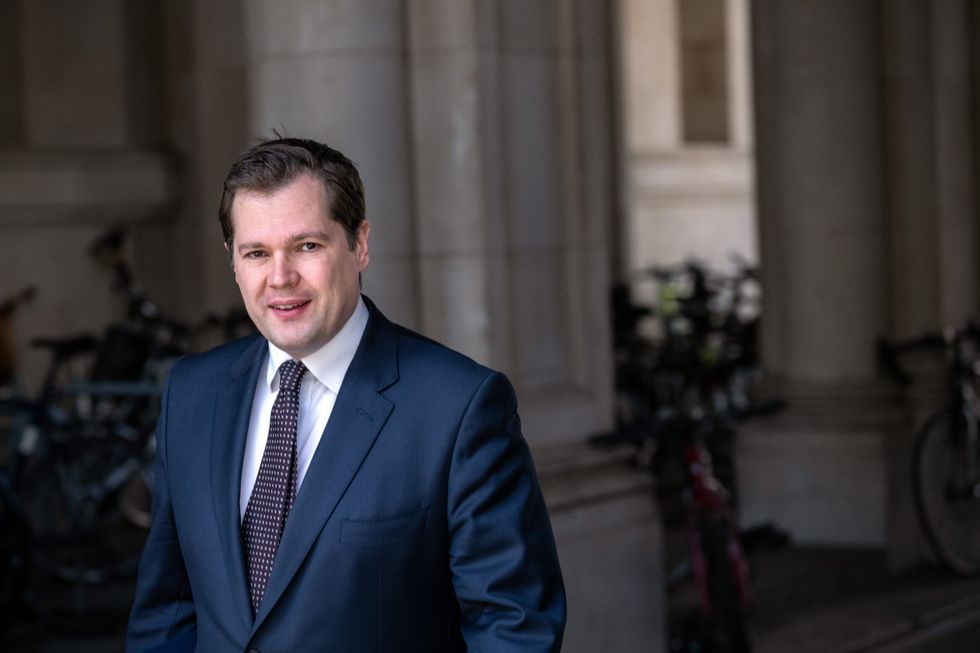
Among the proposals is the scrapping of the shortage occupation list, a programme that allows foreign workers to be paid 20 per cent below the going rate in roles where there are fewer skilled workers.
“When we had the lorry driver crisis two years ago, the government refused to activate the shortage occupation list and we had a real crisis. Eventually they let the lorry drivers in,” said Bilimoria. “We've got to have the workforce we need if we want the economy to grow. We will need to bring in the best workforce that's required for every sector in this economy from abroad.”
Among Jenrick’s other proposals are to restrict foreign health and care workers to bringing one relative each to the UK. Some reports suggest the Home Office could ban them from bringing dependents altogether.
Other plans being considered are to cap the number of NHS and social care workers hired from abroad.
The latest NHS data shows as of June 2023 there were 264,822 non-British staff working across the NHS – 18.7 per cent of all workers. This was up from 222,107 the year before.
Within the adult social care sector, at the end of 2022-23, 291,000 of the 1.2 million staff were recorded as non-British, with 192,000 from outside of the EU.
However, despite utilising foreign workers, the NHS still recorded 112,000 vacant posts this summer while social care recorded 152,000.
Dr Chaand Nagpaul, the former head of the British Medical Association (BMA), hit out at the “cruel, blanket judgements made in response to the immigration figures”.
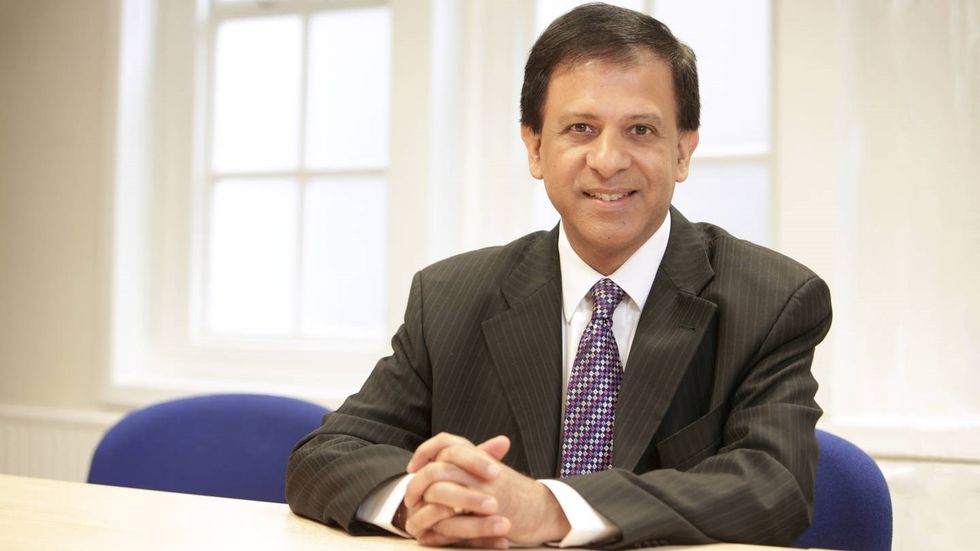
“The NHS would collapse without immigration of healthcare staff,” Nagpaul told Eastern Eye. “In fact, given the acute workforce shortage, lives would be lost if we didn’t have a continued influx of migrant doctors, nurses.
“Currently, more than 50 per cent of doctors in any one year come from abroad. If that didn’t happen, we would see NHS waiting lists, which are already at a record level, escalate further, and patients would literally come to harm.”
However, a number of right-wing Tory MPs have called on the prime minister to take drastic action to reduce immigration.
Former cabinet minister Sir Simon Clarke claimed the current level of immigration is “unsustainable both economically and socially.” It is “beyond our public services’ capacity to support and it undercuts UK productivity and wages by substituting cheaper foreign labour,” he said.
His fellow Tory MP, Jonathan Gullis, added that the figures were “completely unacceptable” and will “rightly anger” the British people.
